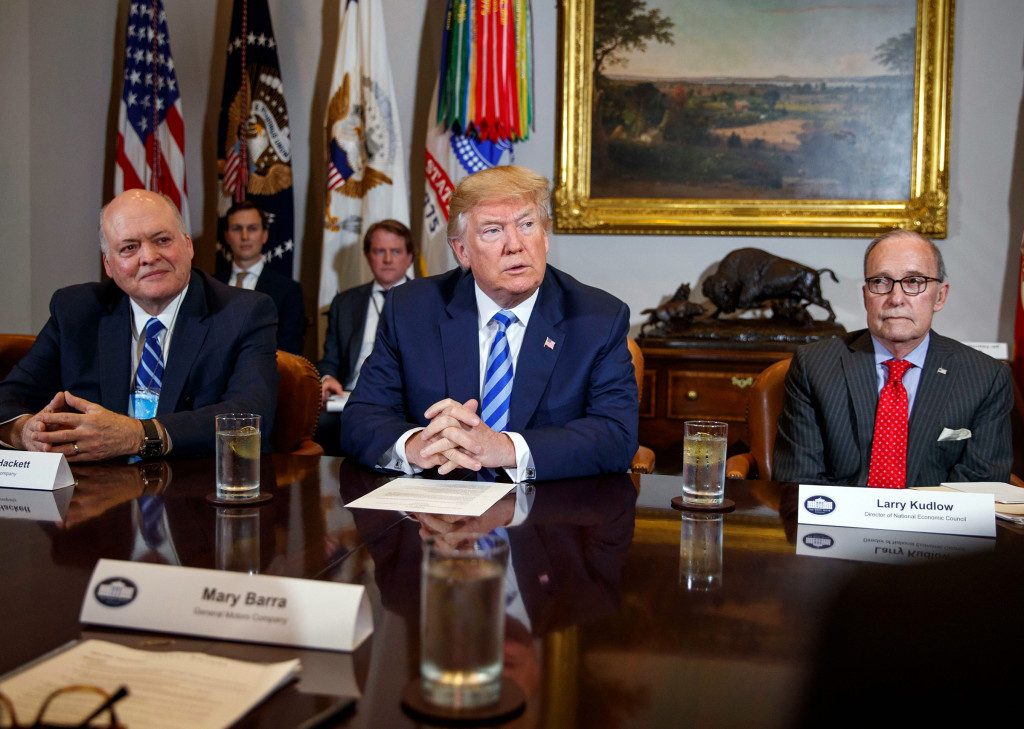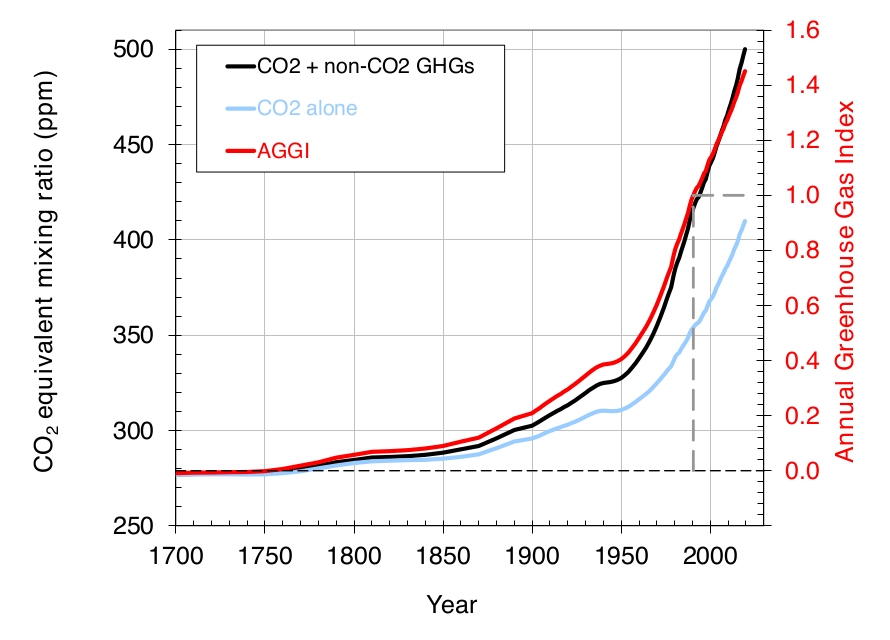The shadow cabinet: How a group of powerful business leaders drove Trump’s agenda – “Just about any safeguard to protect the country’s air, water and climate is up for sale”

By Andy Krol
19 June 2019
(Rolling Stone) – It could have been an episode of The Apprentice. On a summer day in 2016, a group of businessmen and women descended on Trump Tower in Manhattan. They exited their black SUVs and rode the golden elevators to the 26th floor, where they assembled in a boardroom and awaited the presumptive presidential nominee of the Republican Party.
A year earlier, surely no one in that meeting had the faintest notion that Donald Trump would make a credible run for president. But by the spring, he’d dispatched Low-Energy Jeb, Lyin’ Ted and the rest, and was well on his way to securing enough delegates to clinch the nomination. The corporate leaders who formed one of the GOP’s most reliable constituencies faced a dilemma: Get behind Trump or find yourself potentially frozen out of the next administration, in the unlikely event that he won.
Trump took his seat at the head of a long table and thanked his guests for coming. It was the inaugural meeting of the Trump Leadership Council, a kitchen Cabinet and sounding board featuring representatives from many of America’s biggest industries: energy, finance, transportation, pharmaceuticals, agriculture, defense, construction and health care. The men and women around him were told the meeting would be totally confidential. The handful of Fortune 500 executives in attendance were outnumbered by leaders of privately held corporations and little-known companies that, under more normal circumstances, would never find themselves in a position to inform the thinking of the standard-bearer of a major political party. They weren’t the country-club, Chamber of Commerce types that had backed Bush and Rubio and Kasich; they were more on the fringe, including Obama-bashing coal barons, China-hating steel producers and modern-day oil-and-gas wildcatters. Both the largest potato producer and truck-stop operator were also there. “They weren’t conventional Republicans,” council member and Heritage Foundation economist Stephen Moore tells Rolling Stone. “They were more maverick business leaders.” Moore himself had carved out a position as the far right’s go-to economist, and has stirred up headlines saying things like “I’d get rid of a lot of these child-labor laws. I want people starting to work at 11, 12,” and that women shouldn’t be involved in sports unless they’re attractive. […]
Whatever happens in 2020, Trump’s all-out assault on regulations will long outlive his presidency, whether it’s four or eight years. At a time when the climate crisis threatens the future of humanity, Trump and his corporate backers have taken the country in the opposite direction. “This administration’s agenda was set well before Trump was elected,” says Brune of the Sierra Club. “Just about any safeguard to protect the country’s air, water and climate is up for sale. And if it makes Trump’s polluter friends happy, that’s what he’s promised to do and what he’s going to do.” [more]
The Shadow Cabinet: How a Group of Powerful Business Leaders Drove Trump’s Agenda
